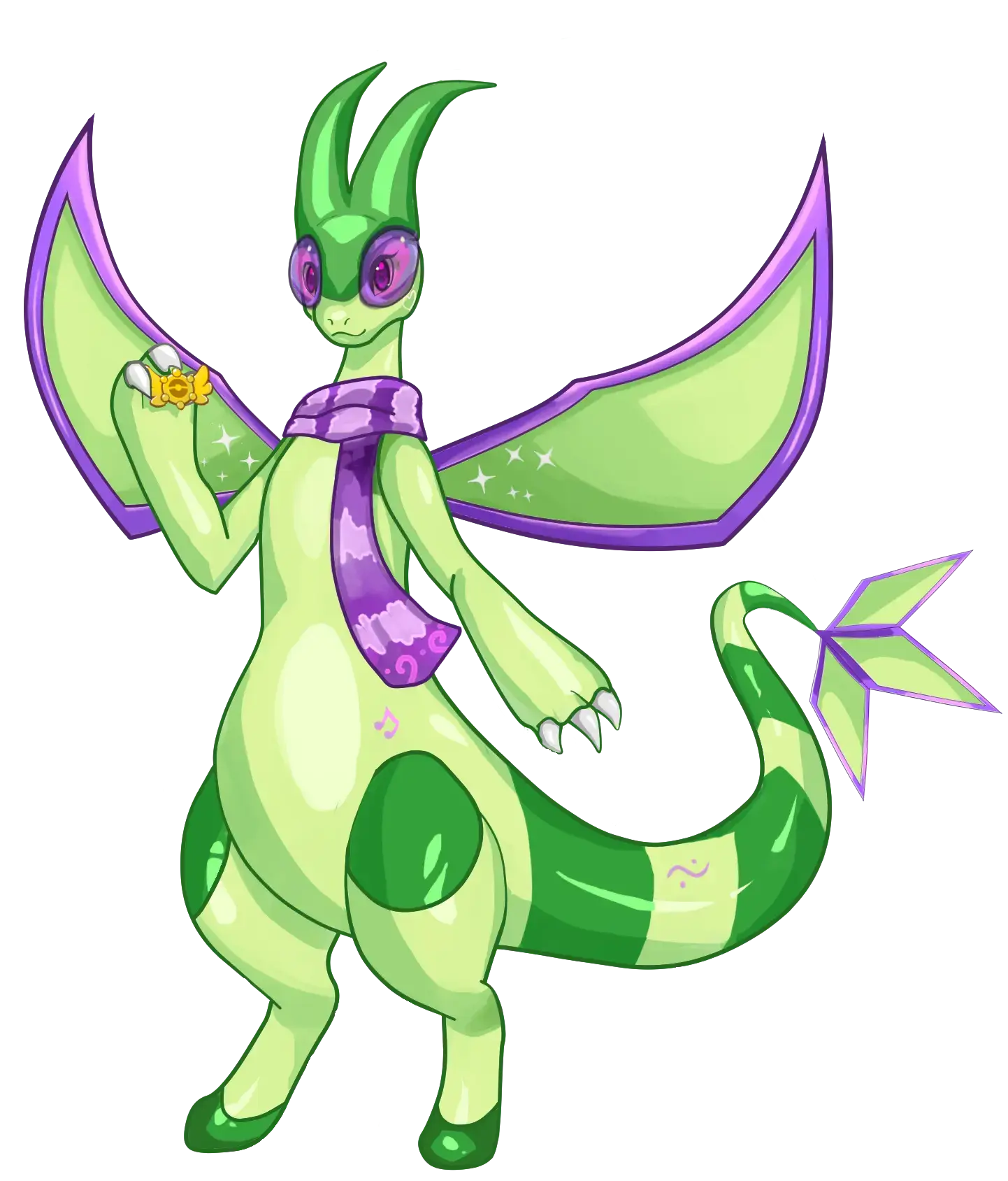Hi I was wondering what folk’s here liked most in terms of neopronouns for first, second and third person.
If you don’t know what that means:
-
First are things like I/me
-
Second are things like you and y’all
-
Third are things like they, she and he
Fwy uses her own set of neos sometimes; in context when it makes sense among friendly folks.
So Fwy/fwyfwy/fwyself are all words you may occasionally see fwy use. Fwy doesn’t make others use it though, we do appreciate it being used though; if someone addressing us can pickup the subtleties of it well enough to make the attempt. (Fwy promises it’s not complicated)
Fwyself personally does use normal pronouns as well; such as She or singular They too; it helps confuse people less. Fwy sees no reason to throw up a barrier; only provide people subtle ways to signal intent or speaking context through either normal pronoun usage or fwyfwy neopronon usages; as that helps Fwy quickly route and allow the right entity to respond more quickly if they are used.
No one else in our System has ventured to publicise any neos yet besides fwyself; they simply don’t seem to mind not having done so; particularly since using neos can get one singled out for harrassment fast in some internet communities.
I don’t use them personally. Unless it/its counts, but they cool
Personally I count it/its as neopronouns.
While it/its is newer than he, she and they, I wouldn’t consider a pronoun created in the 16th century ‘new’.
Sure, however its positive or neutral usage for people is relatively new as far as I know.
Both it and they essentially come from gender neutral pre-english roots (proto-germanic and norse, respectively) and were used in these ways since their inception. Examples date back to Old English and you can find people using both to describe people (not always groups, but sometimes singular and unspecified). Adoption of the use of these pronouns in the personal sense, however, is a bit more difficult to find and likely something mostly lost to literature. Outside of a few notable figures and what pronouns they happened to use (such as the public universal friend), people were simply not important enough and having a personal journal was reserved for those in power and those who had wealth, so recorded history on a more personal level is much more difficult to track down. The idea that queer people didn’t experiment with things like this hundreds of years ago seems far fetched to me - the few existing historical records we have of high profile queer folk seem to suggest that they did indeed experiment with language as a means to express identity.
Oh, that’s a fair point. thanks for pointing that out 🙂.
I really appreciate the level of detail that went into your reply. However, I have nothing much else of use to say.
Lois McMaster Bujold, writing science fiction in 1986 about a genetically engineered hermaphrodite used it/its for pronouns (when not using she or he)
I remember reading a goodreads answer later that she would have used they/them if it had been in common enough usage that she had encountered it.
(though in my mind '86 is relatively recent, but maybe I’m just old)
Oh, I didn’t know that, thank you!





